You're reading Scholé Supplement, the newsletter that celebrates curiosity, learning and life as a grokkist. We respect your inbox – edit your profile or unsubscribe here.
I recently took some time off to celebrate my 40th birthday and spend time with the family. We went exploring on New Zealand’s South Island and did a hike on the Tasman glacier at Mt Cook, among other things. Now I’m back, feeling refreshed and ready to roll out the next phase in Grokkist’s development.
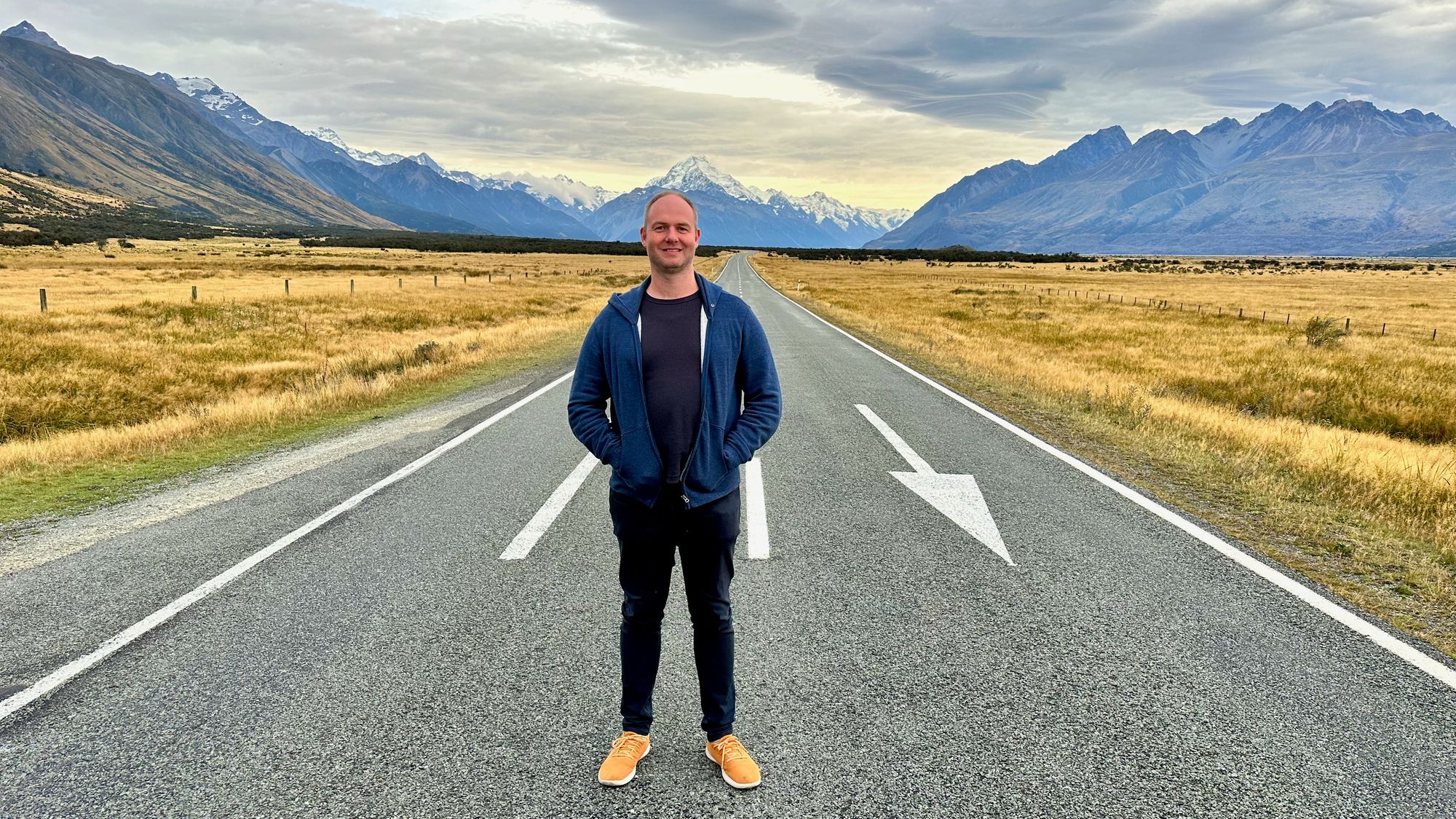
🪴 A look at what's next for Grokkist
❤️🔥 Enrolments are now open for the next cohort of our EcoPhilosophy course
🎙 World Chess Federation master John Fawole's journey to becoming a national chess champion in Nigeria and how chess can teach us creativity, commitment, patience, and problem-solving.
🍬 In Snackables you can find ADHD tips for deadline urgency, explore the history of supermarket packaging design, find a tender and funny talk on navigating the creative process, discover an AI newsletter worth following, and revisit one of the world's most influential texts 175 years on.
🪴 What's next for Grokkist
For me, the most magical part of this work is watching what happens when grokkists interact with each other.
We're so accustomed to being the odd ones out that some things we think are core parts of our personality are actually just adaptations we've developed to deal with systems and institutions that aren't designed for our way of being.
But when grokkists encounter each other, all of that melts away instantly.
In the company of like-minded individuals, we suddenly come to life. We find ourselves talking excitedly about our adventures, experiences, and niche enthusiasms in ways we usually wouldn't share. We effortlessly reconnect with long-standing interests and questions and remember why they motivate and excite us.
During a recent class in the What's My Red Thread cohort, it emerged that several people were secretly into juggling! This led to immediate impromptu demonstrations and a fun discussion on physical expressions of creativity that completely derailed the rest of the class in the most joyful way.
Derailing things is the whole point! We're so used to being on-script in every aspect of our lives.
When we help each other go off-script, what comes out of our mouths is much more connected to the people we really are.
Without the social armour, we have the opportunity to play with, explore and reframe our self-understanding, reflected in the shared grokkistry of those around us.
Reframing our self-understanding allows us to show up in the world differently, in a way that's much more directly connected to who we are, what we care about, and all the learning we've accumulated, consciously or otherwise.
It's an incredible thing to witness, and even more powerful to experience.
It's so powerful, in fact - so obvious - that I'm placing that experience at the centre of Grokkist as an organisation and designing everything we do around creating the conditions that make that experience possible and accessible to all grokkists.
I didn't fully grasp it when I started, but this is what Grokkist is for.
So, we have some exciting things coming.
Very soon, we'll begin rolling out the Grokkist Network - an online gathering place for grokkists to interact and connect with each other and themselves.
Taking this step has been on my mind for a while, and we'll be putting in the necessary time and care to get this right.
There are a lot of tumbleweed towns online, and this isn't just an add-on or an afterthought – it's central to the overall Grokkist project. I want the best possible experience that's right for the grokkist community, not the biggest or the fastest or the noisiest.
We'll gradually invite selected friends and supporters in the coming weeks and grow from there. Become a supporter today and/or reply to this email if you're eager to be one of our early adopters.
Meanwhile, it's coming up on one year since I officially set up Grokkist as a company. For those interested in how Grokkist works as an organisation, I'll be hosting an open town hall event in the next few weeks to review what's happened so far and discuss our future plans and direction. Watch for details in the next newsletter.
-Danu
Reimagine Education
Visit the Reimagine Education hubRegistrations are now open for the second cohort of Intro to Philosophy for Ecological Activism, led by Nathanology. The first live session is on 26 April | 7pm - 8.30pm ET.
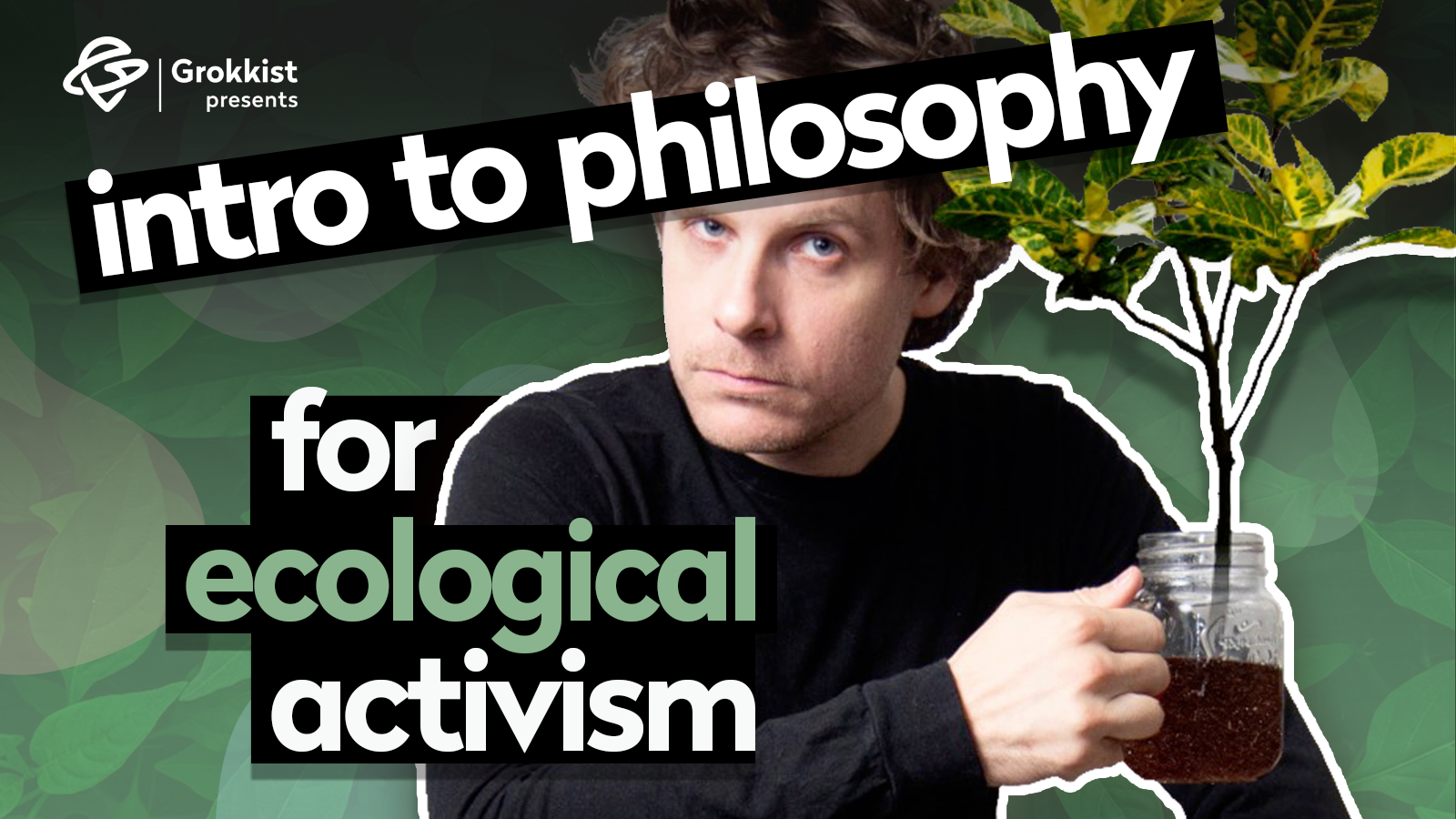
Our first experimental cohort was delightful, and finished with a song! We’re planning some tweaks to make the next one even better.
This is a community-powered course, so not only will you have the opportunity to learn and connect with others throughout the course, you'll also be part of a growing network of ecosophical alumni!
The course is an introduction to Western Philosophy, assuming no background knowledge, geared thematically toward ecological themes and applications.
Expect lectures, discussion, and activities, with some musical elements peppered in. The course culminates in participants taking on an eco-activism project of some kind.
Your enrolment includes:
- Nathan's philosophy lessons and detailed lecture notes
- 4x live online discussion and activity sessions (held every second week on Wednesdays 7pm ET - live sessions are recorded for those who can't make it)
- Access to a dedicated online community space for discussion and interaction between sessions
- A growing library of further reading/learning suggestions
Suggested tuition is US$100, but you can also pay what you can afford, no questions asked.
Sitting Power: why the won game is the easiest to lose - John Fawole | S3E3
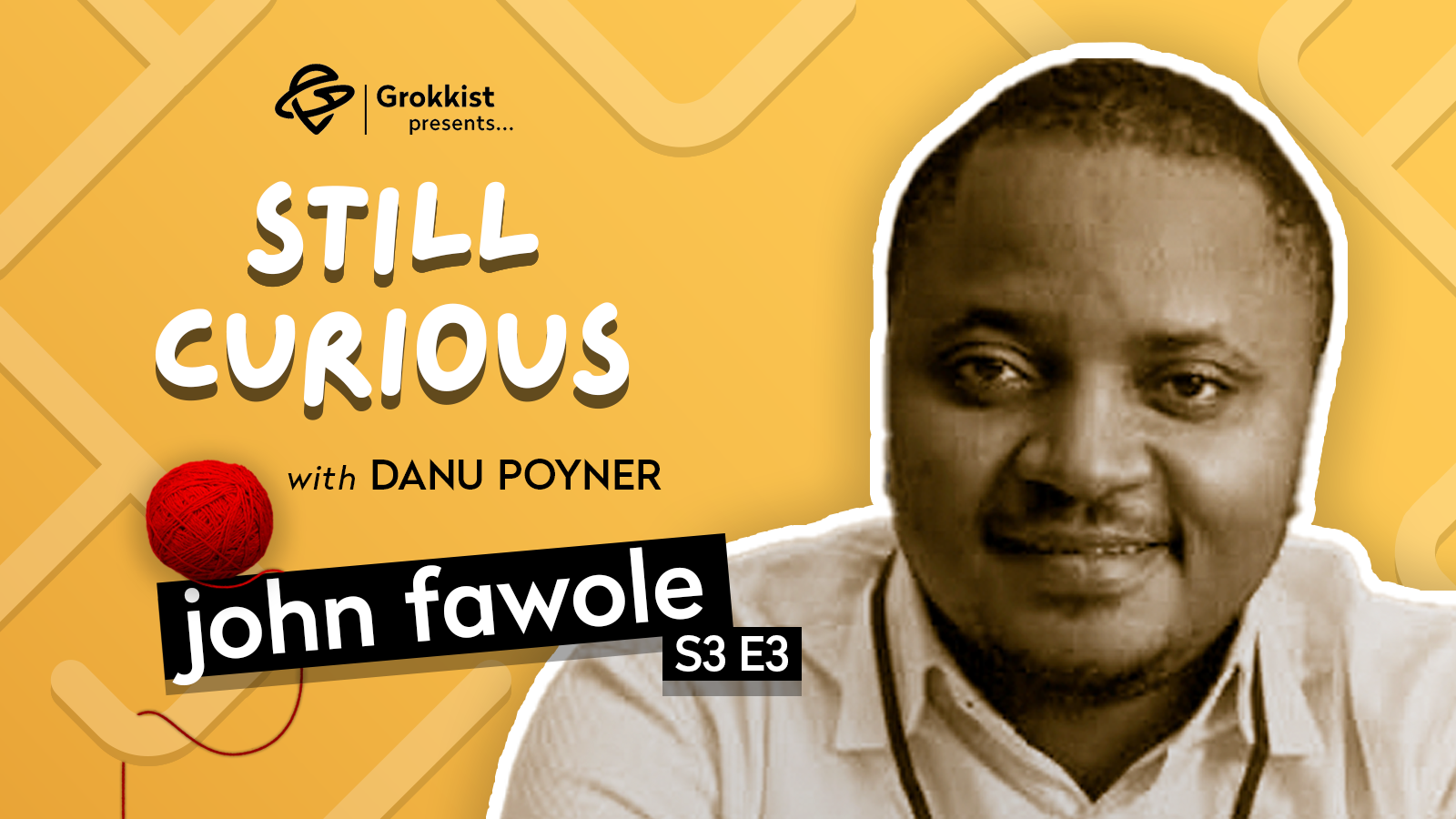
In the latest episode of Still Curious, I sat down with John Oyeyemi Fawole, a World Chess Federation master, chess in education lecturer and coach, and founder of Bruvschess Media.
🏆 From his journey to becoming a national chess champion in Nigeria to his advocacy work advancing the state of the game, John shares insights on how chess can teach us creativity, commitment, patience, and problem-solving.
🎓 Discover how chess can enrich young people's lives through grassroots advocacy and coaching work.
🧠 Plus, we look at how chess is evolving with software tools, AI, and representation in popular culture.
This conversation is, unsurprisingly, all about chess! But it's also about effort, obsession, and how the love of something can keep us going and take us to places we never imagined were possible.
It's about how achievements arise from patience and commitment, the interesting dynamics between professional competition and play, and how the game impacts people's lives beyond the board.
"The better player is always lucky. A better player can be losing a game, and they're able to save it.
There are some positions you can't save, especially if your opponent is playing correctly, but if your opponent is excited, then it becomes really very difficult for them to win.
There's always that saying that the hardest game to win in chess is the won game, because now, oh, you feel like you are winning this game and you're not putting in the effort to bring out the best moves that can win the game. You're just assuming, oh, I'm winning, I'm winning.
But if your opponent does not resign, the game is not over. So you need to make sure you fight to the end to make sure the game is over.
🍬 Snackables
Assorted awesome links, just because.
#1 - When deadlines aren't urgent enough
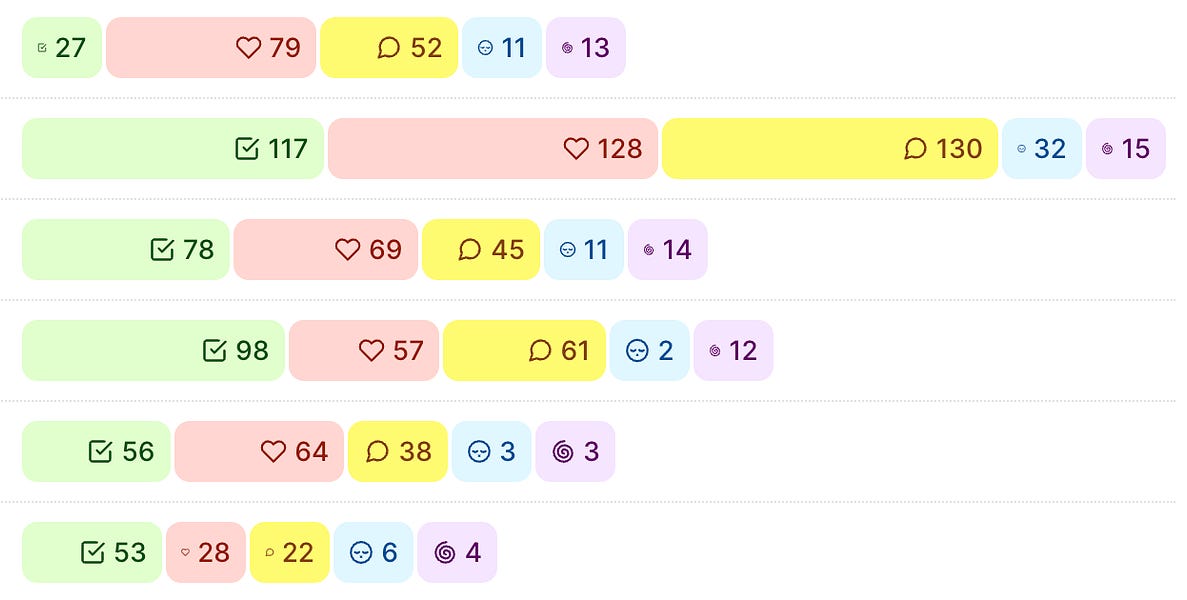
This one is for neurodivergent grokkists. ADHD folks know that even if something is important and due soon, that isn't necessarily enough to actually do it. Even if you want to do the thing - if the brain isn't co-operating, it won't happen. Conversely, ADHD folks also know about HUGE last-minute energy.
Jesse Anderson's Extra Focus newsletter is all about owning your ADHD and finding strategies that work for you. This post is a good example – how to find that urgency when the real deadline isn't enough.
#2 - Do I look like I can write down a song right now?!
A tender and funny reframing of the fear inherent to creative pursuits. Elizabeth 'Eat Pray Love' Gilbert talks about how people reacted with fear when she first started telling people she wanted to be a writer. "Aren't you afraid you're never going to have any success? Aren't you afraid the humiliation of rejection will kill you? Aren't you afraid that you're going to work your whole life at this craft and nothing's ever going to come of it and you're going to die on a scrap heap of broken dreams with your mouth filled with the bitter ash of failure? The answer – the short answer to all those questions is – Yes."
And the reframing? It's the idea that instead of the rare person being a genius, all of us have a genius – a psychological construct to protect you from the results of your work – which Gilbert says is in fact how we used to think about creativity until the Renaissance came about. (🙏 thanks to Colleen K)
#3 - Packaging for an endless 'perhaps'
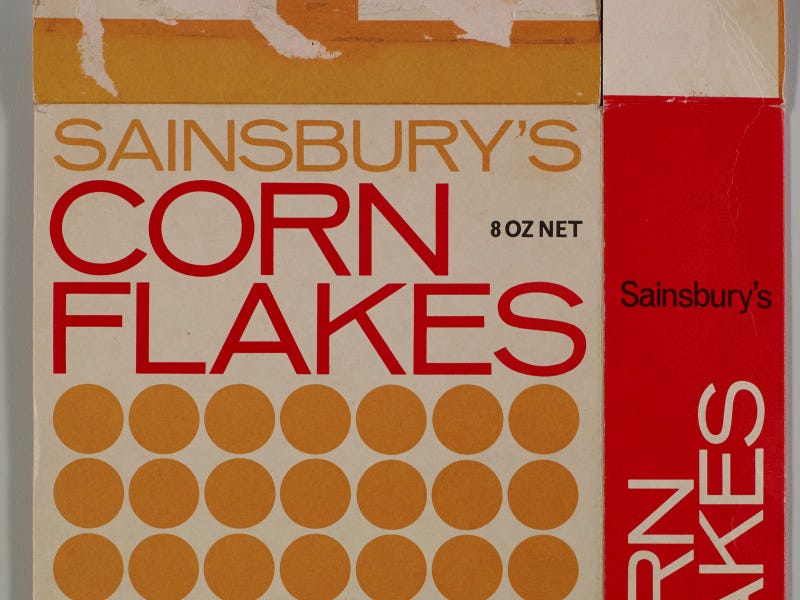
How packaging design became a pivotal part of shopping. After World War 2, UK grocery chain Sainsbury's reorganised its layout, getting rid of most sales counters. "Tills were moved to the very edge of the shop, delaying the imposition of the real world for as long as possible ... This was an immersive and tactile way of shopping. Pick things up, put them down, look, look, look. Shopping became ... an endless 'perhaps’."
The story of Sainsbury's influential design studio, starting in the 1950s, and their mission to create 'flexible and progressive' packaging while figuring out what that meant, exactly.
#4 - An AI newsletter worth following
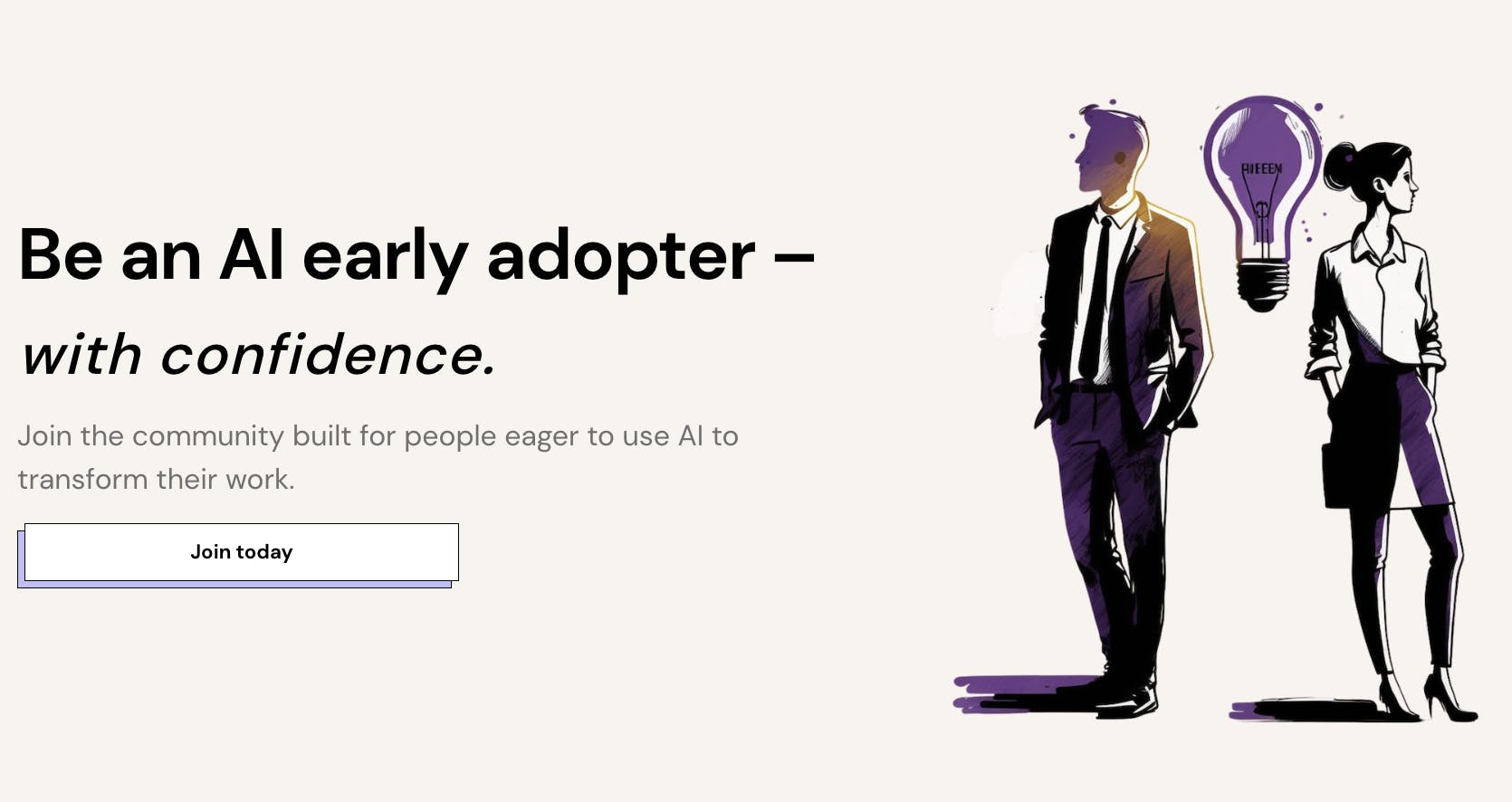
If you're tired of instant experts clogging up your socials with self-promoting carousel spam about AI, you might enjoy following the refreshingly no-nonsense and no-noise AI exchange newsletter instead to keep up with what's happening in the world of generative AI in a way that's actually useful. They're also active on TikTok.
They also have a neat resource called 'Stacks' which has a rundown of how to use and combine different AI tools to help with various specific workflows. For instance, how to record and summarise Zoom meetings.
#5 - Revisiting The Communist Manifesto 175 years on

On the 175th anniversary of Karl Marx's Communist Manifesto, Tariq Ali revisits what has turned out to be one of the most influential texts in world history, and provides the modern reader with valuable context as to the spirit of the times, how it came about, and how we might think about it today.

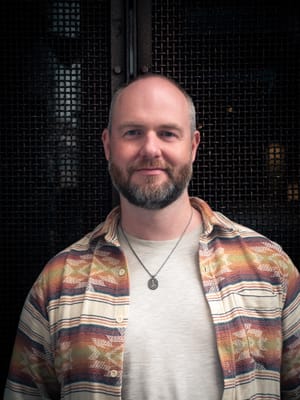




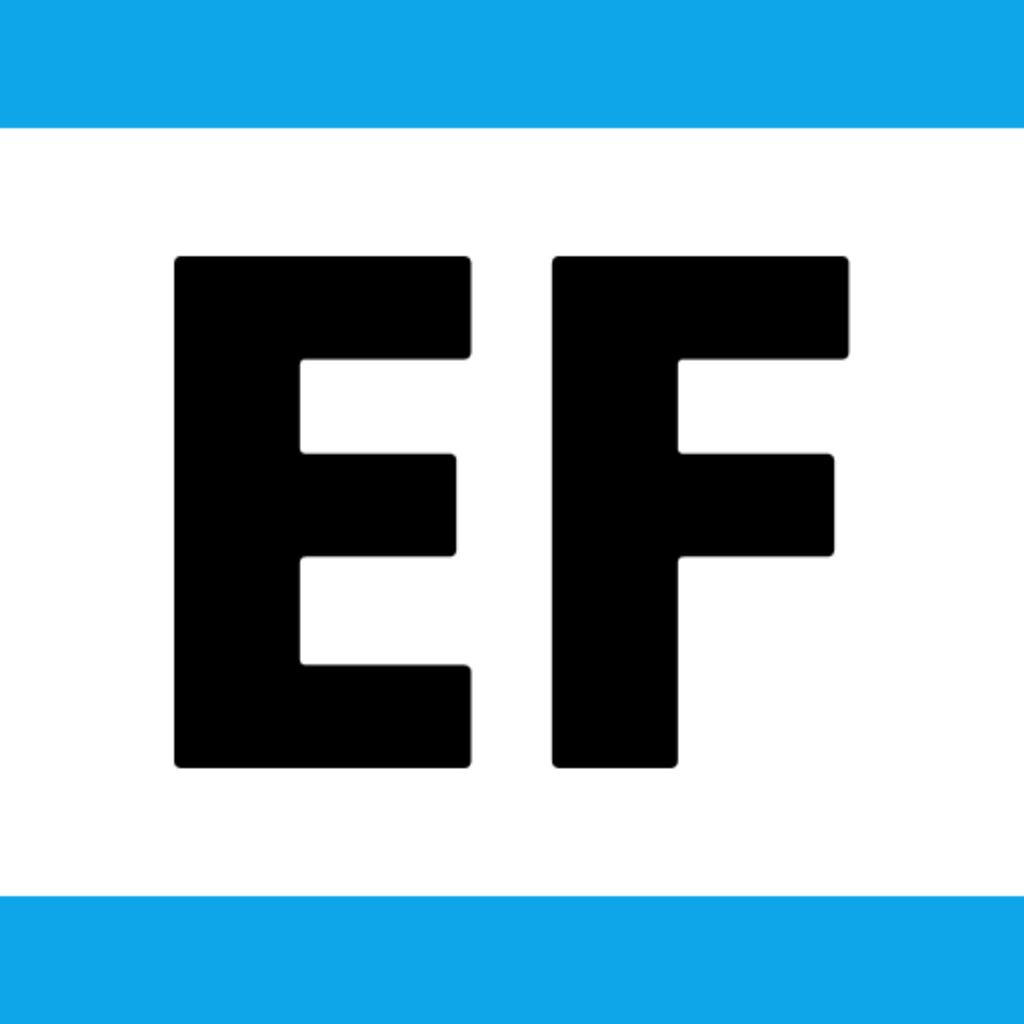


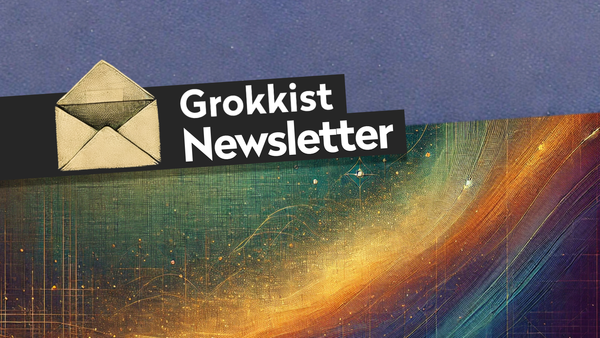
Member discussion